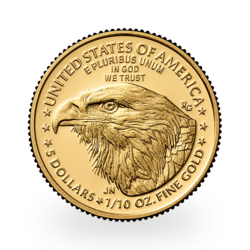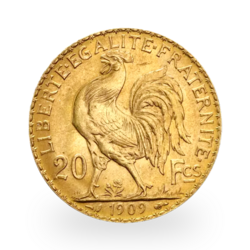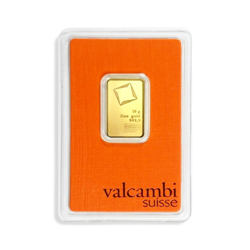According to a study by Deloitte, cash reserves of corporations located in Europe, Africa and the Middle East (EMEA zone) are reaching record highs, totalling 936 billion euros. This is 40% more than in 2007, just before the crisis, and this is where the problem lies: businesses are making money, but they don’t know what to do with it.
In normal times, profits go toward investments. As Helmut Schmidt, former Chancellor of Germany from 1974 to 1982, famously said, “Today’s profits are tomorrow’s investments and day-after-tomorrow’s jobs”. But this is not how the economy is working nowadays, especially since 2008. Businesses are not investing (as much as they could) because there is hardly any growth or demand. Instead of investing, these companies choose to pay more dividends to their shareholders or go on merger/acquisitions sprees (Astra Zeneca-Pfizer, TWC-Comcast, General Electric-Alstom, Lafarge-Holcim are some of the important ones of the last months). Paying dividends does not create value per se, it’s just a simple transfer, and merger/acquisitions, as can be observed these last decades, rarely create any value as well. The objective is, mainly, for the predator business to strengthen its position in the market.
But large corporations are not the only ones hoarding tons of cash... so are central banks of countries with commercial surpluses (China, oil-producing countries) or sovereign funds (these same oil-producing countries). And, furthermore, the central banks of the United States, Europe and Japan are creating money with their QE plans in the hope of boosting economic activity... which all leads to an excess of liquidity across the globe. And this “preference” for liquidity essentially translates into a defiance of the real economy and its gloomy outlook. The results are clearly seen: Investments having the blessing of the rating agencies, those benefiting from all this liquidity, are the ones faring best – stock markets are at their highest and rates on sovereign debt of large countries are at their lowest.
At a time when it is difficult to invest in the real economy, it might seem like a good bet to be holding cash when there is little or no inflation; it might even be a winning strategy if deflation were to occur (money’s purchasing power would rise). But, let’s be cautious, because the present situation is far from normal; on the contrary, it is showing a sick, off-balance and unstable economy that is not, as yet, out of the 2008 crisis, and in which central bankers are playing apprentice sorcerers. There are several hazards that need to be taken into account: First of all, this cash is being deposited in banks, thus there is the risk of losing much in case of a banking crisis. Secondly, there is too much liquidity for not enough assets, and this usually produces bubbles (stocks and bonds, at this moment) that eventually blow up one day or another. And, thirdly, the value of a currency could plunge at any time if there were to be a general mistrust happening (one thinks of Japan, with its debt at 250% of GDP and a free-wheeling central bank, as a serious candidate). So let’s simply remind ourselves that the best way to avoid those risks consists, of course, in acquiring physical gold. Gold has tangible value and it remains liquid, contrary to other assets such as real estate... gold is like cash, but without the risks that come with cash. Those holding cash at the moment should take heed.
Reproduction, in whole or in part, is authorized as long as it includes all the text hyperlinks and a link back to the original source.
The information contained in this article is for information purposes only and does not constitute investment advice or a recommendation to buy or sell.

















